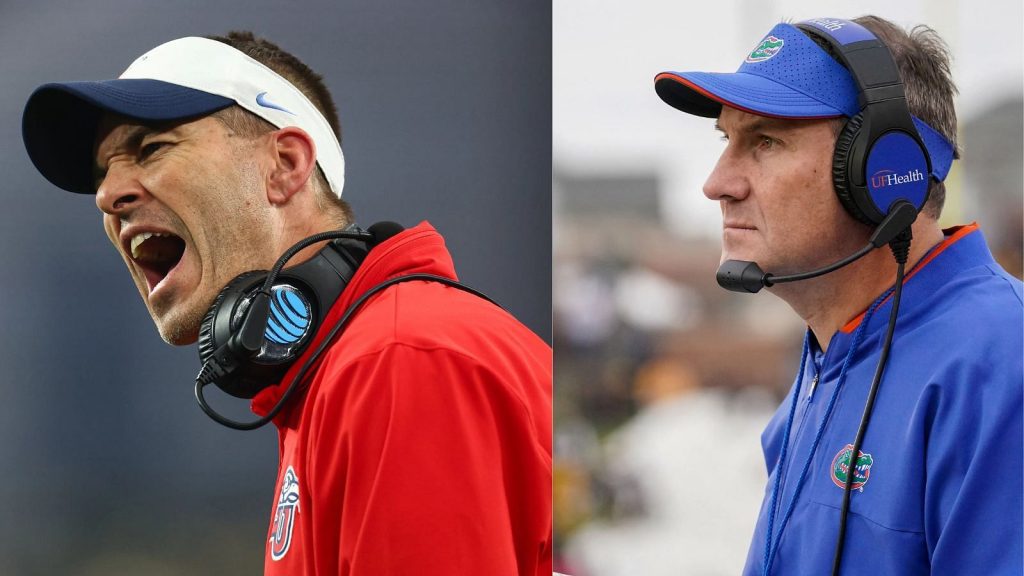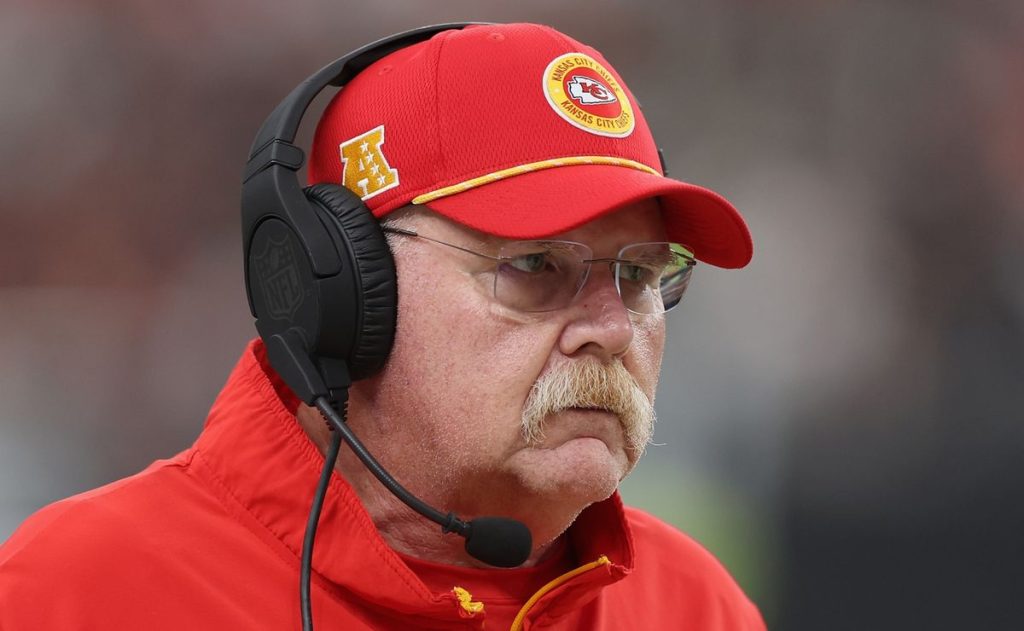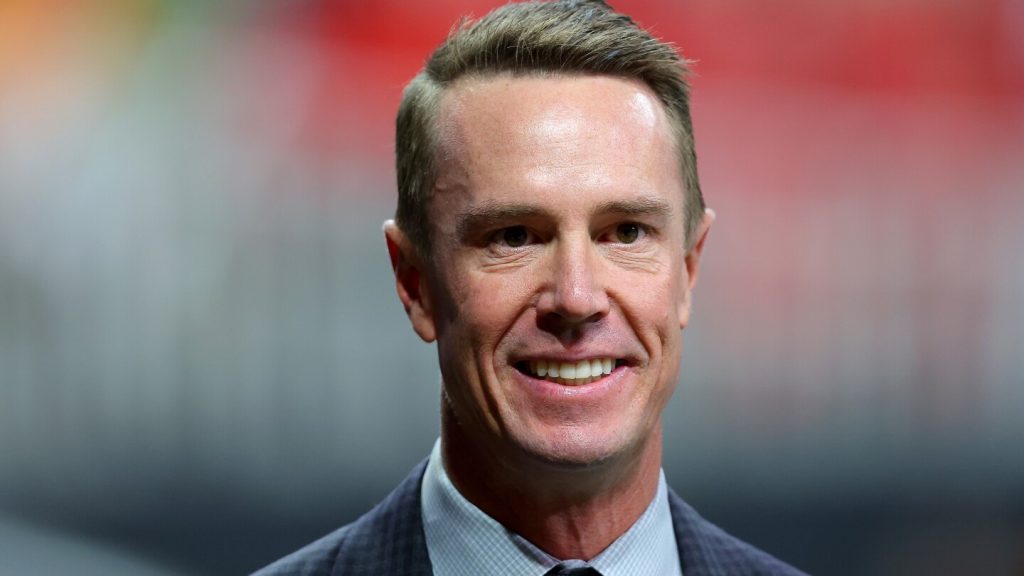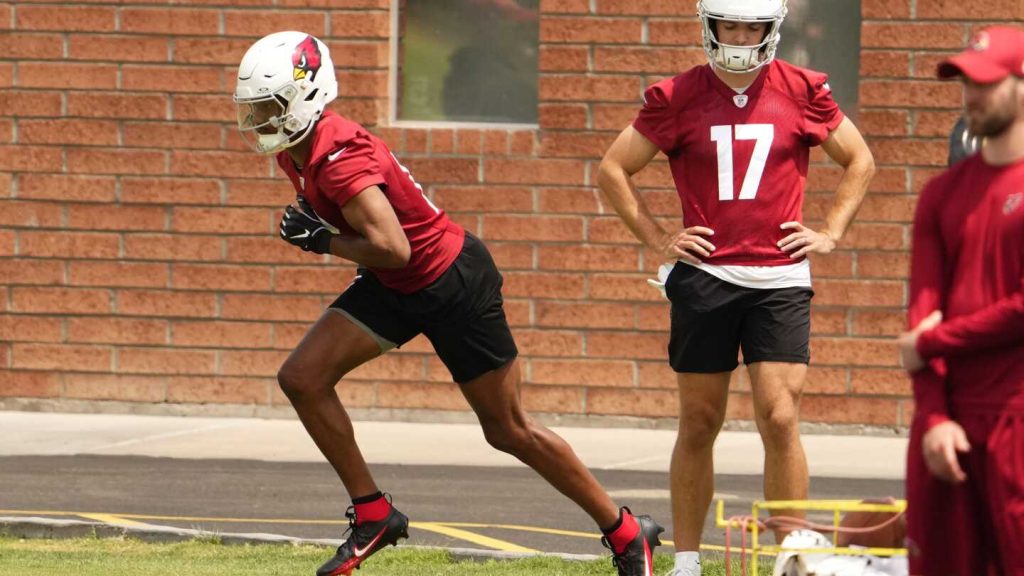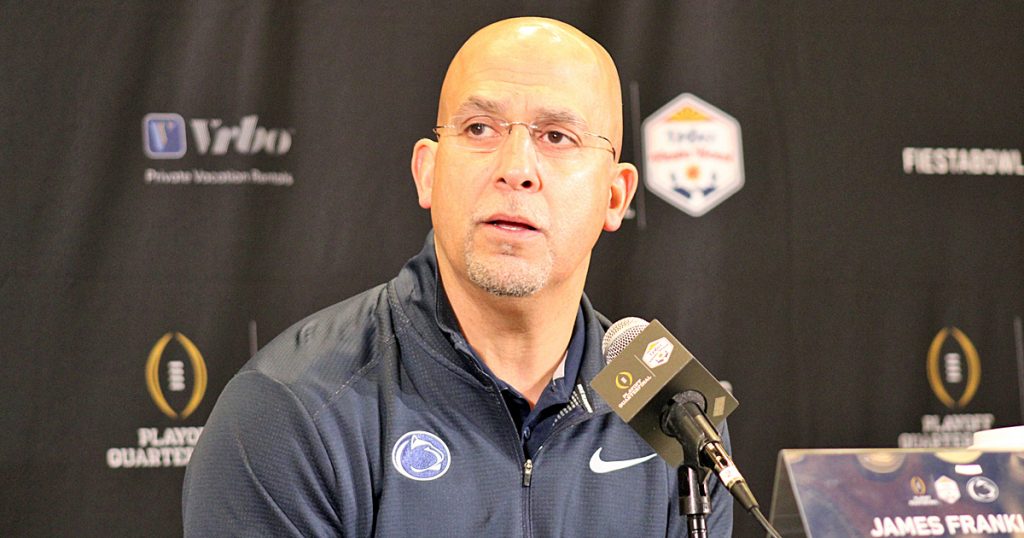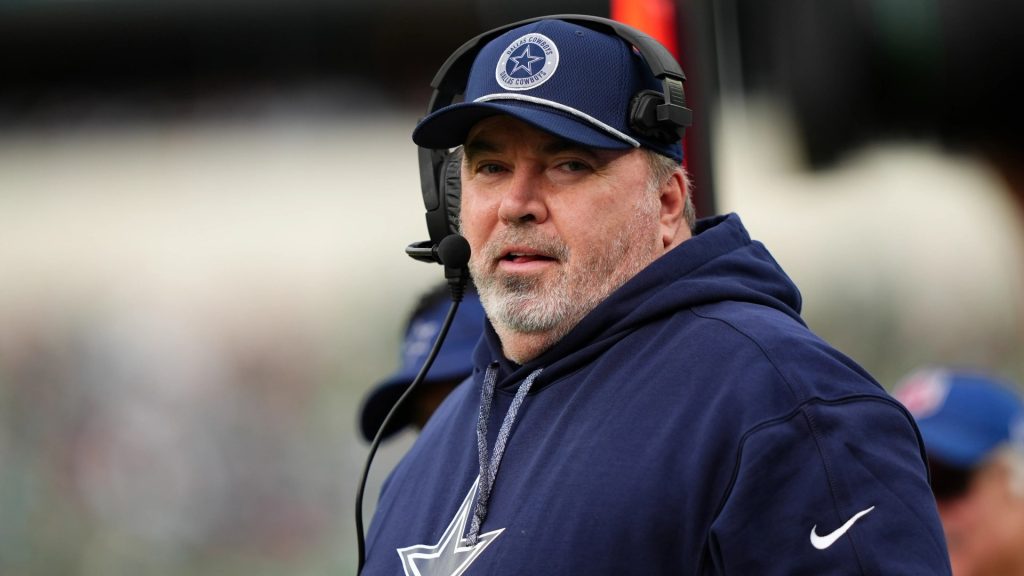In the world of college football, the dynamics of coaching can be as pivotal as the talent on the field. Urban Meyer, a name synonymous with success in college football, recently shared insights from his experiences at Ohio State that highlight the complexities of managing a coaching staff. He pointed out that while hiring elite coaches can elevate a program, it can also present unique challenges. This duality is something every program must navigate carefully.
The Challenge of Established Coaches
Meyer emphasized that established coaches often arrive with a strong desire to implement their own methodologies and shake things up. This ambition is commendable, especially in programs that may need a fresh perspective. However, when a program is already thriving and has a rich history of success, these changes can undermine the very foundations that have led to that success. Meyer stated, “You know what happens when you want to hire an elite coach? They want to do it their way, and that is really hard.”
Maintaining Core Values
In his candid reflections, Meyer revealed the lengths he went to in order to preserve the culture of the Ohio State program. He recounted putting up signs around the facility that read, “Enhance the program,” which served as a reminder to his staff not to disrupt the core values and practices that had been established. He elaborated, “The culture, the core values, the way we go about our business, the way we work, the way we practice—these are non-negotiable.”
The Exhaustion of Change
As Meyer navigated these challenges, he found himself in a constant battle against the urge to change. He expressed his frustration with coaches who insisted on altering successful strategies. “What I would say is, ‘Don’t use the word ‘change.’ If you want to suggest a better way of doing something, then show me and let’s do it,’ and that became exhausting to me,” he shared. This sentiment reflects a broader issue in college football: the balance between innovation and tradition.
The Impact of Losing Coaches
In a recent episode of the “Triple Option” podcast, Meyer also discussed the significant impact of losing a great coach compared to losing a star player. He argued that while the departure of a talented player is expected—given the fluid nature of college football—it’s the loss of a coach that can truly destabilize a program. “Losing a great player is expected because great players are fluid; they come and go. But if you don’t replace that great coach, the wear and tear on the head coach is overwhelming,” he noted.
Long-Term Success and Coaching Stability
Some may question Meyer’s emphasis on the importance of coaching staff, but a closer look at college football dynasties reveals the truth in his statements. Programs like Alabama, Georgia, and Michigan are often defined by their head coaches—Nick Saban, Kirby Smart, and Jim Harbaugh, respectively—rather than just the players they coach. This underscores the notion that long-term success in college football is deeply rooted in having a strong, stable coaching presence.
Why Coaches Matter
The reality is that a great coach is not just a figurehead; they are the architects of a program’s identity. They set the tone, instill discipline, and cultivate talent, all while maintaining the core values that define the program. When a coach leaves, it can create a ripple effect that impacts recruiting, player development, and overall morale. The transition can be jarring, and if not managed properly, it can lead to a decline in performance on the field.
Building a Legacy
For coaches like Meyer, the challenge lies in balancing the need for innovation with the preservation of tradition. He believes that maintaining the integrity of a program’s culture is crucial for its longevity. “You hire people to do it differently, and they keep saying, ‘Let’s change this,’” Meyer lamented. This highlights the delicate dance between embracing new ideas and respecting the history that has brought a program to its peak.
Final Thoughts
Urban Meyer’s insights into the complexities of coaching in college football serve as a reminder of the intricate web that connects players, coaches, and the culture of a program. As programs strive for greatness, the importance of a cohesive coaching staff cannot be overstated. The lessons learned from Meyer’s experiences at Ohio State resonate throughout the college football landscape, emphasizing that while talent is crucial, the right leadership can make all the difference in building a lasting legacy.


















